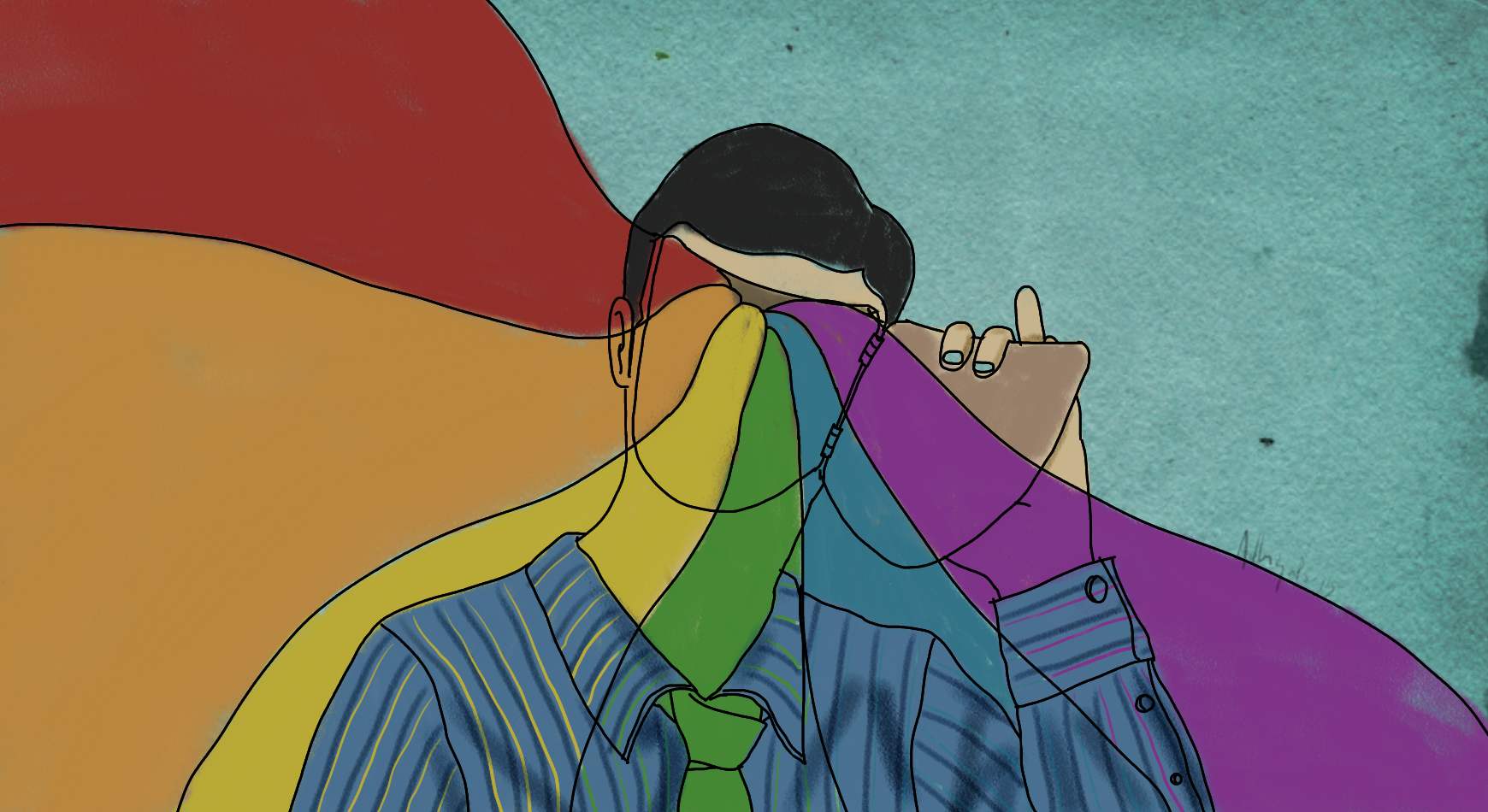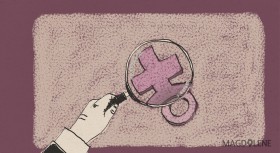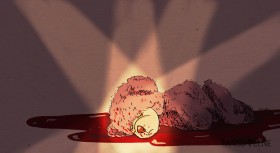I feel pretty
Oh, so pretty
I feel pretty and witty and gay …
No, I cannot relate with Maria’s "I Feel Pretty" lyrics. Of course, as someone who has already watched the West Side Story, I know the “gay” word in the lyrics refers to a happily excited-semantic meaning of gay instead of explaining someone’s sexuality. But seeing “pretty” and “gay” in the same sentence makes me feel intimidated and anxious because of the unrealistic beauty standard that I feel in the gay community.
Many media outlets that target sexual minority men (e.g. gay men, bisexual men, and men who have sex with men) – whether traditional ones like magazines or non-traditional ones like porn sites – have increasingly sexually objectified the male body in recent decades. The pressure to be muscular and have an ideal body size is also getting more real day by day. For me who is neither muscular nor lean as dictated by the standard, keeping distance from my own community can sometimes be a wise choice for my mental well-being.
This leads to the question: Is gay culture then toxic? The answer is both “yes” and “no,” at least from my perspective.
As human beings, we are free to decide what traits we want to find in a partner before we commit ourselves to them. But when everyone in Grindr—or other dating apps designed for men who have sex with men—thinks that they need to put “masc for masc,” or “no fat”, or “looking for a six-pack” in their profile, there is indeed something wrong in how we value qualities of an ideal partner.
The gay community has been discriminated for centuries. One of the earliest institutionalized discriminations was the Buggery Act that was passed in England in 1533 and, which, among other criminalized anal sex. As an oppressed group, we have been forced to comply with the majority ideals. Otherwise, we could be persecuted.
Internalized homophobia, stigma, and experiences of discrimination are common stressors that are faced by us, the gay community. We have been stereotyped as being less masculine than our heterosexual counterparts. It is possible that unconsciously, we want to challenge this stereotype by achieving a masculine body ideal. This may also explain why we set unrealistic high standards for our community, because we believe that to be accepted in a larger society, we need to fit to those standards: be a masculine man, have a muscular body and low body fat.
Admit it, we desire to be sexually attractive to other men. This is exactly how the male gaze works. While feminists have fought fiercely against the male gaze and are making some progress, many gay men are still fighting passionately for it. Gay men love to please and be pleased by perfect abs, strong biceps, and facial symmetry.
We, gay men, are victims of the male gaze. Still, we enjoy the practice. This explains why the gay male gaze is harder to deal with, because it is a never-ending loop.
From body as a sociocultural construct to bodily integrity, we are far behind the extensive movements done by feminists. Feminism has made some significant impacts to create a better world; its influences can be seen even in advertising campaigns. While retail companies such as Dove, Nike, and Gillette push out ads with themes like women empowerment and toxic masculinity, the media portrayal of the gay market is still stuck in the closet with shirtless muscle men and rainbow-colored products.
As gay people, we all love rainbows. They are beautiful because they introduce us to different types of beauty: Red, orange, yellow, green, blue, and purple. As part of the community which use rainbow flag as a symbol, we should also encourage diversity by acknowledging that there are many body types, different levels of masculinity, and standards of beauty.
In the future I hope no one will ever feel like me, led to question their sexuality because they are afraid they won’t be accepted in the gay community for having belly fat and pimples.







Comments